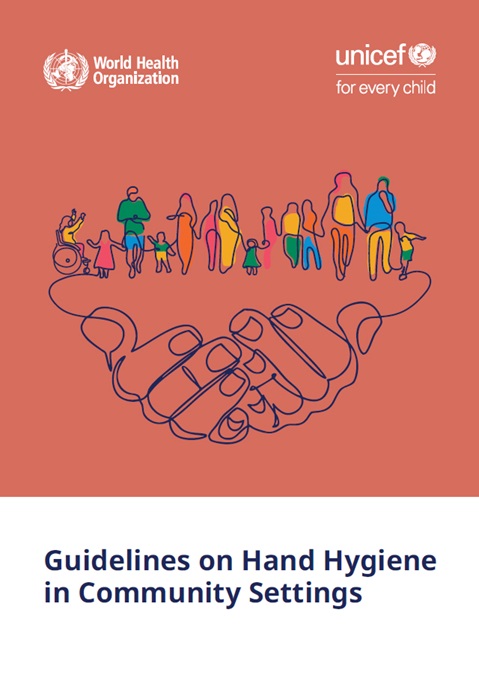Guidelines on hand hygiene in community settings
15 October 2025
| Publication

Overview
These Guidelines are concerned with the practice of hand hygiene to protect community health outcomes, in particular, the reduction of diarrhoeal diseases and acute respiratory infections.
The focus is on hand hygiene in non-health care settings, collectively referred to as community settings. Community settings are defined as those where health care is not routinely delivered. They include three broad domains: domestic (households), public and institutional settings.
The recommendations are relevant and implementable in any resource context. They are particularly relevant to long-term development contexts, complementing existing recommendations on hand hygiene in acute humanitarian response settings available through the Sphere standards for promotion of water, sanitation and hygiene. The Guidelines are intended for use in a routine health system context to improve population health, and also during health emergencies, as part of broader response strategies.
Related links
BMJ Global Health: Hand hygiene in communities
Infographics
Governments should act on hand hygiene now
Handwashing prevents 740,000 deaths a year
1.7B without basics. 611M with nothing
Materials. Information. Conducive environments
More information
WHO Team
Environment, Climate Change and Health (ECH),
Water, Sanitation, Hygiene and Health (WSH)
Editors
World Health Organization, United Nations Children's Fund (UNICEF)
Number of pages
66
Copyright
World Health Organization, United Nations Children's Fund
